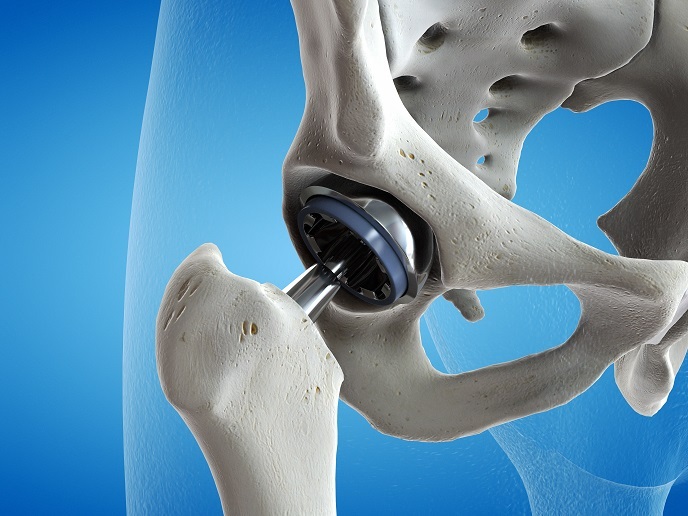The EU's role in global regenerative medicine
RM is the use of cells, including stem cells, genes and bioscaffolds to stimulate or augment the body's capacity for self-repair. The EU-funded ʹRegenerative medicine in Europe: Emerging needs and challenges in a global contextʹ (REMEDIE) project examined the economic, political and bioethical implications for Europe of near-term and future global developments in this field. Europe's RM industry was found to be highly diversified, although its largest sector is dedicated to cell therapy firms. These firms are split almost equally between therapies based on stem cells and therapies based on somatic cells. The majority of these firms, however, are small and financially vulnerable. REMEDIE identified diverse regimes regulating the ethical boundaries of biomedical research activity and commercialising biomedical innovation on a global basis. These differences have an impact on the research environment and its financing and translational activity and the use of intellectual property rights in the course of biomedical research. RM is often challenged on moral and political grounds, particularly with regards to the legal provisions surrounding patenting. In fact, the issue of whether cell therapies will be patentable in the EU appears to be an obstacle to investment. The global picture of RM suggests that the United States will rapidly establish an unchallengeable dominance. This is based on higher levels of funding available including venture capital as well as having the single largest market for health technologies. REMEDIE has suggested that dedicated funding, stronger links with health technology assessment agencies and the creation of regionalnetworks to promote scientific and clinical collaboration will aid the competitive position of Europe in the RM bioeconomy. RM forms part of a global value chain of innovation. The results of REMEDIE should assist the EU in accessing this value chain more efficiently.







